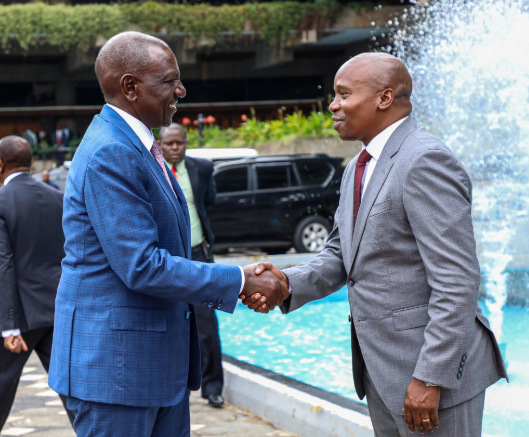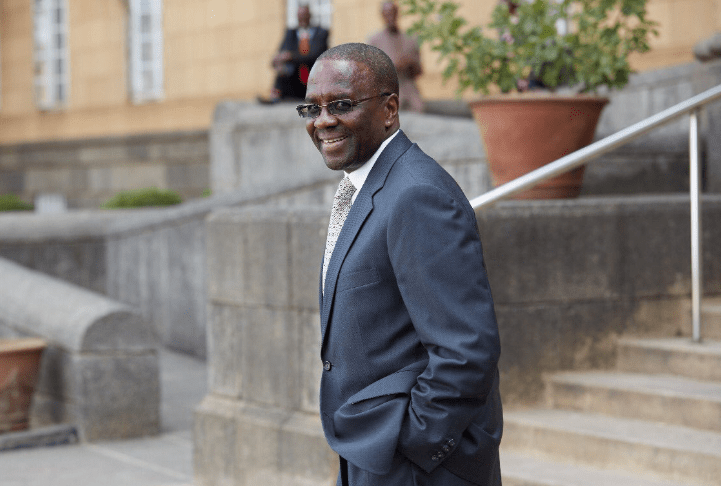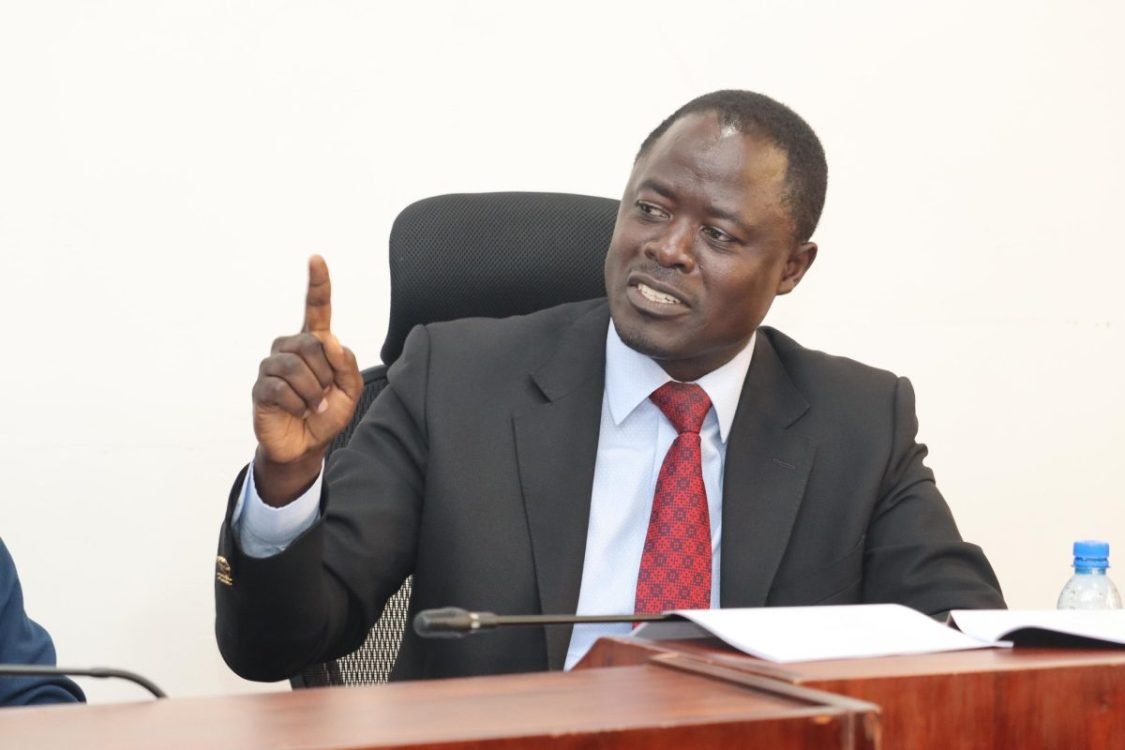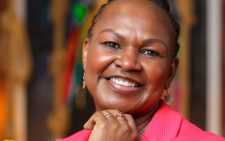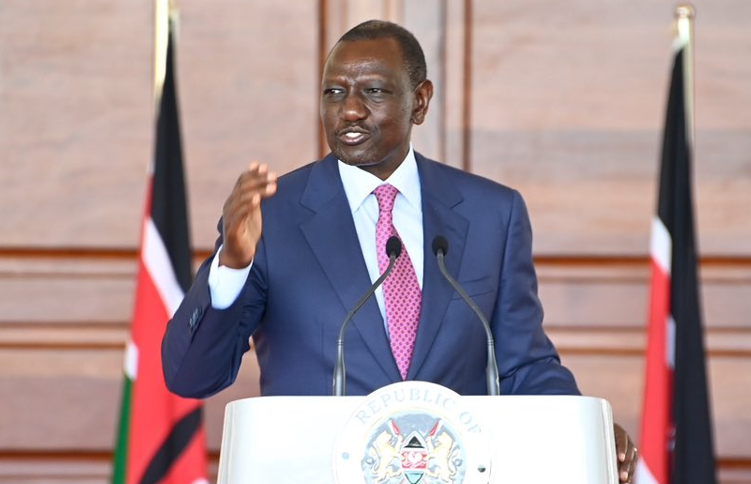Bach re-ignites dialogue on Africa hosting Olympics
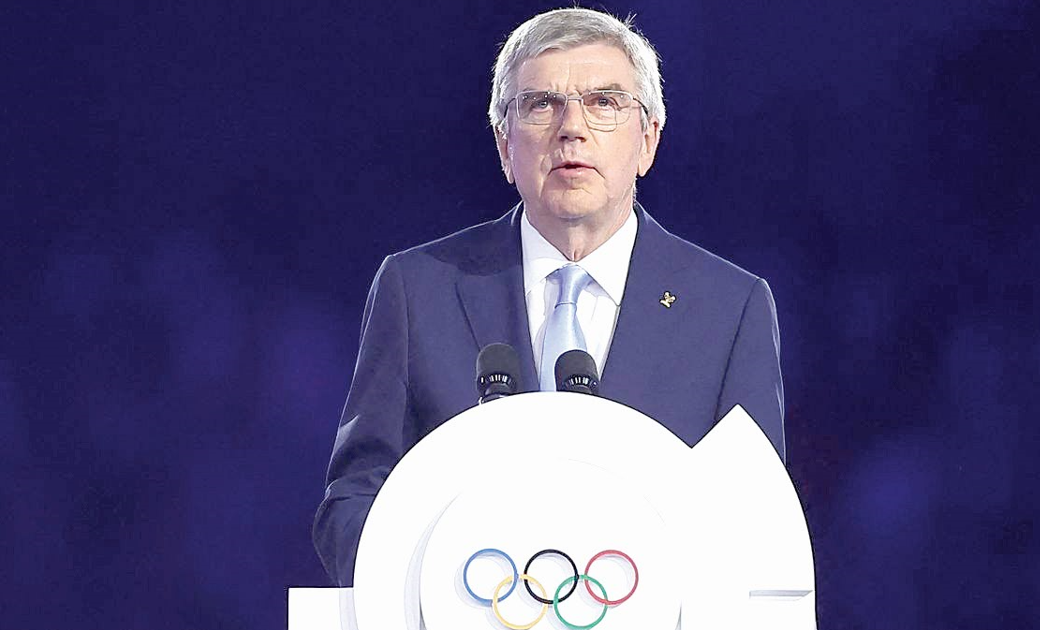
The debate over hosting an Olympics in Africa remains ongoing. IOC President Thomas Bach (pictured) was asked about the possibility on Tuesday during an online event with young journalists.
The event was organised by the International Sports Press Association (AIPS) to mark its centenary.
Bach’s remarks helped renew the dialogue about Africa’s potential as a future Olympic host.
He outlined what a roadmap might look like, considered possible options, and discussed the challenges of such an ambitious project. Bach made it clear that any African country wishing to host the Olympics would first need to submit a formal bid to the IOC.
Bach said the proposal could then be assessed under the IOC’s new host selection process, which prioritises sustainability and long-term benefits for the host nation. “If an African country shows interest, we are ready to work with them to develop the best possible Olympic project in line with their long-term development plans,” he stated.
The president acknowledged that Africa will soon play a significant role in the Olympic Movement, hosting the Youth Olympic Games in Dakar in 2026. This milestone will mark the first Olympic event held on the continent and could set the stage for similar future events.
However, Bach noted that organising a full-scale Games would require extensive planning and resources, especially given the IOC’s focus on sustainability and the efficient use of existing infrastructure.
Asked about the possibility of a joint African Olympic bid and whether it aligns with the IOC’s goals for a sustainable and inclusive event, Bach emphasised that spreading the Games across several cities or countries is not necessarily a sustainable option. He explained that diversifying venues can actually increase emissions and logistical challenges. “Dispersing venues does not make the event more sustainable,” he noted, explaining that the transport, logistics, and staffing needs could contribute to higher emissions.
Instead, Bach highlighted the IOC’s preference for limiting the number of venues, maximising the use of existing facilities, and employing temporary structures where possible.
He cited the Paris Games as an example, where this strategy helped cut emissions by 50% compared to previous Games. This approach, he explained, not only reduces environmental impact but also reinforces a sense of unity and shared purpose among athletes and spectators.
– InsideTheGames
